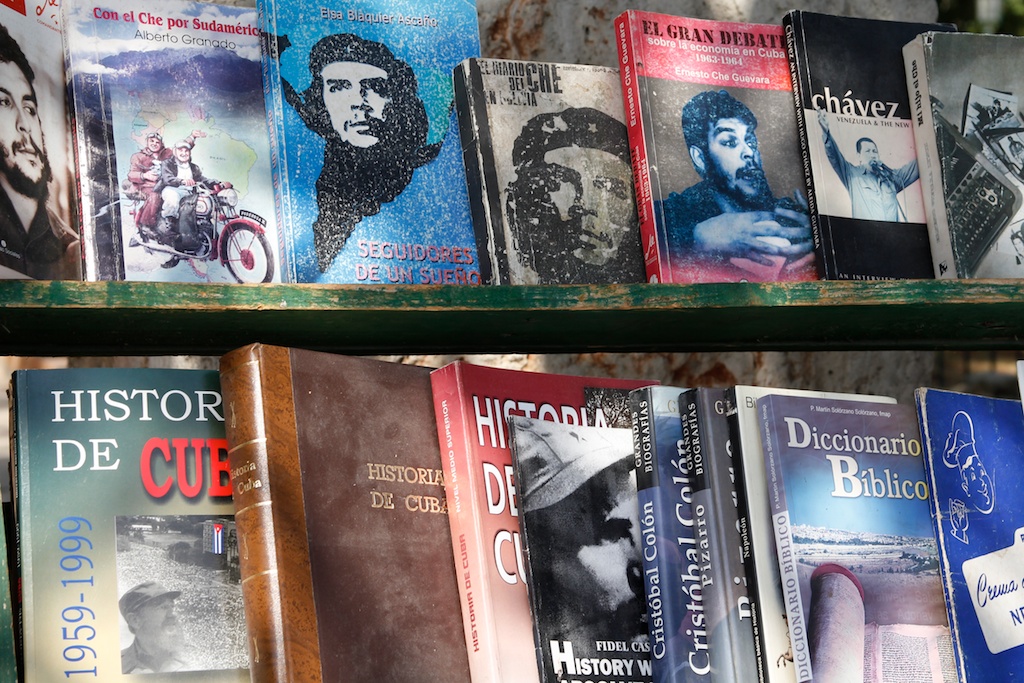
by Tiffany R | Apr 4, 2022 | Rollins College
William Kelly’s article, “The Cuban revolution explains why younger Cuban Americans supported Trump” discusses how the most recent Cuban U.S. immigrants were projected to be more liberal than their conservative forerunners. To the author’s surprise, data showed that...
by Amanda Brown | Feb 16, 2022 | Boston University
Democracy is meant to be a direct reflection of the will of the people. Though this will is hard to define, “the people” are often able to communicate their will through protest. Protest serves as a tool of dissent; a way for citizens to express their disapproval of...
by Helen Taura | Feb 4, 2022 | University of Chicago
In Ozan Varol’s Stealth Authoritarianism, one of the main conditions of authoritarianism is “rampant” corruption as well as “abuse of state resources” [1]. Regime change is deemed possible through “a pacted transition, revolution, coup, or foreign intervention” [2]....
by Adrian Carrasquillo | May 3, 2021 | Georgia State University
In times of crisis, governments have a responsibility of maintaining their power, the stability of their institutions, and protecting their citizens from deteriorating conditions of their livelihood. Governments also have a choice on whether they will fulfill these...
by Adrian Carrasquillo | Mar 22, 2021 | Georgia State University
After six decades of state-led religious suppression, the post-Castro regime brings hope to religious freedom movements and the prospect of participation of the Church in politics through multiple facets. Although the Church is used as an avenue for political,...


